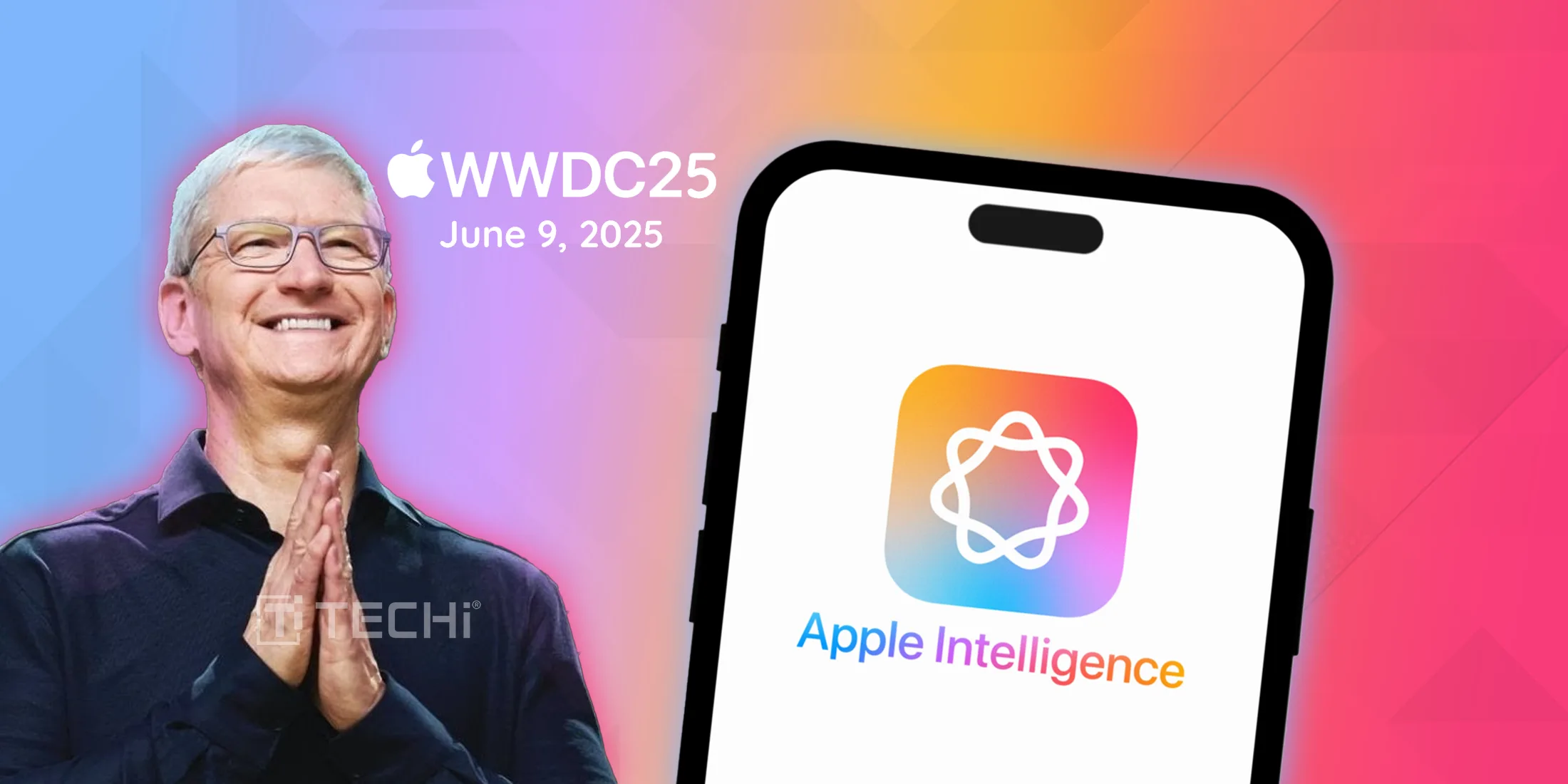
Wafricnews - June 8, 2025
The world is watching. Apple is about to step into the ring once again, and this time, the stakes are higher than ever.
The world is watching. Apple is about to step into the ring once again, and this time, the stakes are higher than ever.
When the tech giant hosts its annual Worldwide Developers Conference (WWDC) on Monday, all eyes will be on one thing: Apple Intelligence—its long-awaited foray into the fast-moving world of artificial intelligence.
At last year’s WWDC, Apple pulled back the curtain on its new suite of AI tools. But in the year that followed, its rollout has been marred by delays and features that feel more like catch-up than breakthrough. With rivals like Google, OpenAI, and Samsung racing ahead, Apple now faces a defining moment in its innovation journey.
A Developer Conference With Bigger Implications
Tim Cook and other Apple executives will take the stage Monday at 10 a.m. PT. But don’t expect fireworks in the form of a new iPhone or Apple Watch. Instead, Apple plans to focus on upgrading what it already has—laying groundwork for the next generation of its devices.
“WWDC is where we get a sense of Apple’s long game,” says Carolina Milanesi of Creative Strategies. “Consumers may not walk away with a new gadget, but they’ll see where their iPhones are heading.”
What remains unclear is how heavily Apple will lean into AI during the event. The company hasn’t revealed much, and it declined to comment on its AI roadmap when reached by CNN. But after a year of lackluster AI features that echo what others already offer, Apple can no longer afford to play it safe.
AI That Doesn't Yet Inspire
To date, Apple’s AI tools offer basic capabilities—summarizing texts, editing photos, rewriting emails—features we’ve seen already from the likes of Google, Samsung, and OpenAI. Meanwhile, Apple’s competitors are pushing the envelope with AI agents that do, not just respond.
Apple’s usual strategy of waiting and perfecting—seen with its late but dominant moves in wearables and tablets—might not work here. Bloomberg reports that insiders don’t expect a massive leap this week either. But Apple may give developers access to its AI models, unlocking text summarization and more for third-party apps. Rumors also point to an AI-powered battery optimization tool.
Still, for investors like Wedbush’s Dan Ives, Apple’s AI ambition isn’t a sprint—it’s a marathon. He believes the company is positioning itself to monetize Apple Intelligence over the long term.
Rivals Aren’t Slowing Down
Across the aisle, Google is full speed ahead. Its I/O conference this year was wall-to-wall AI: from enhancing its search engine to showcasing eerily realistic AI-generated videos. Samsung, too, is stepping up—partnering with AI startup Perplexity and integrating smarter assistants into Galaxy phones.
For Apple, the silver lining is control. It owns the hardware and the software—something no other phone maker can claim at scale. That means it can design AI features with precision across its ecosystem. Wedbush estimates that 25% of the world’s population could be using Apple-powered AI in a few years.
But time is not on Apple’s side.
“We need more time to complete our work on these features so they meet our high quality bar,” CEO Tim Cook said last month, acknowledging that AI-enhanced Siri is still in development.
Looking Beyond the iPhone
Tech insiders increasingly believe a new era of devices—possibly wearable, AI-powered, and post-smartphone—is on the horizon. Apple’s own Eddy Cue hinted at this in court last year, saying we may not even need iPhones in a decade. Meanwhile, Jony Ive and OpenAI’s Sam Altman are working together on a mysterious AI-first device.
Google, Meta, and Samsung are already dabbling in smart glasses—tech that can see your world and respond in real time.
But don’t expect the iPhone to vanish just yet. If anything, AI could breathe new life into Apple’s upgrade cycle. Apple Intelligence will only run on newer models, beginning with the iPhone 15 Pro. That gives people a reason to move up—especially with the iPhone 16, which Apple says is “built for AI.”
Apple’s ecosystem advantage—where your phone, earbuds, and watch all work in sync—could give Siri a leg up, especially outside the home. Unlike Amazon’s Alexa, Siri is always with you, always learning.
“If Apple does it right, Siri becomes more than an assistant,” Milanesi says. “It becomes your companion.”
Verdict: As the curtain rises at WWDC 2025, Apple must do more than show ambition. It must show direction. Because in the world of AI, the future waits for no one.
By Wafricnews Desk.


Comment
To post a comment, you have to login first
LoginNo Comments Yet...